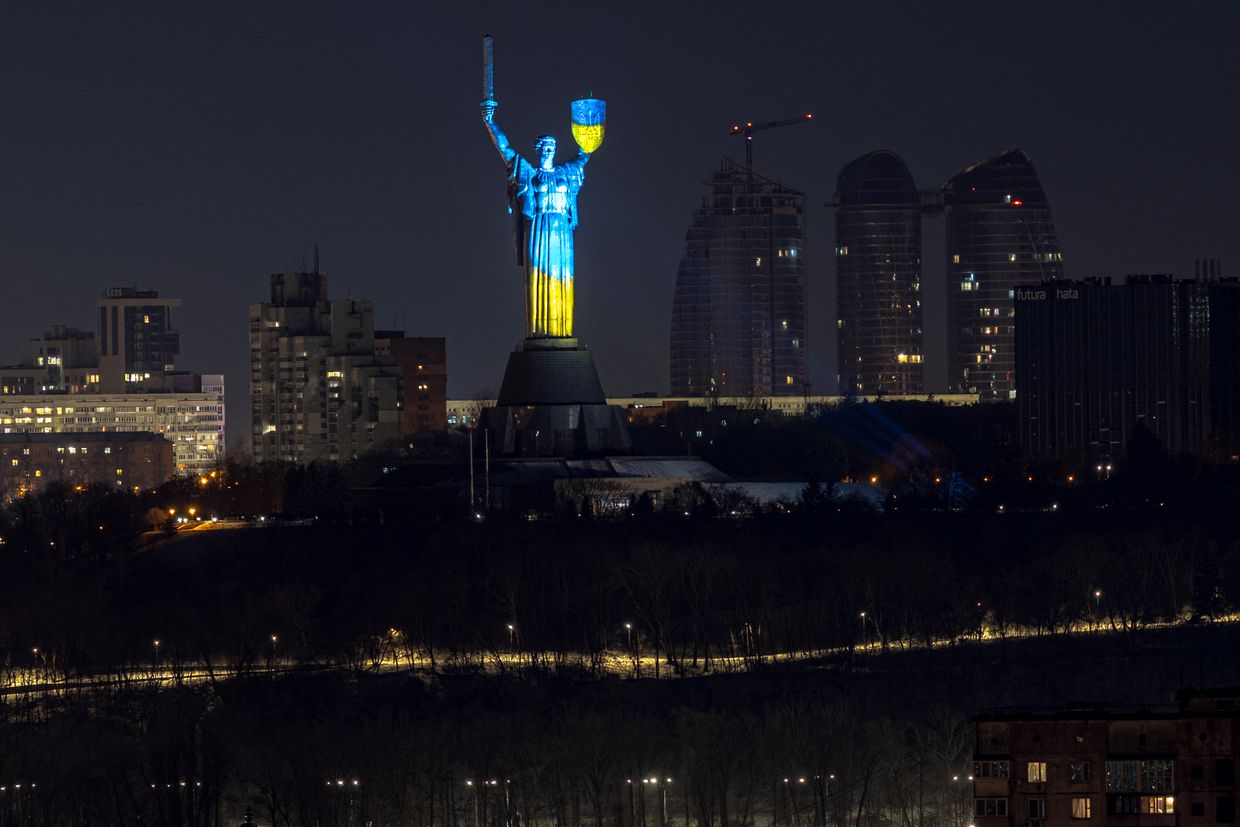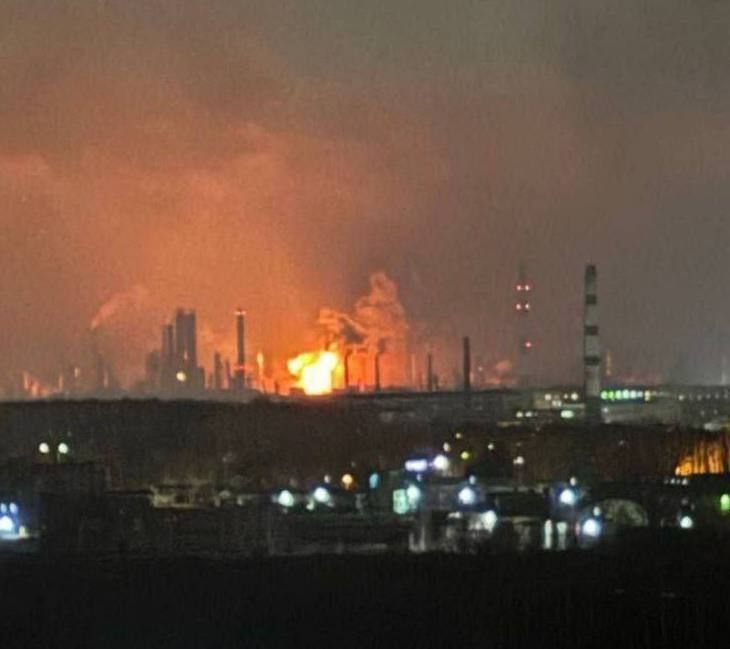
Russia's Ryazan oil refinery in flames after drone strike, reports say
The reported strike comes two nights after Ukrainian forces launched a joint attack against the refinery that allegedly damaged multiple on-site facilities.

The reported strike comes two nights after Ukrainian forces launched a joint attack against the refinery that allegedly damaged multiple on-site facilities.
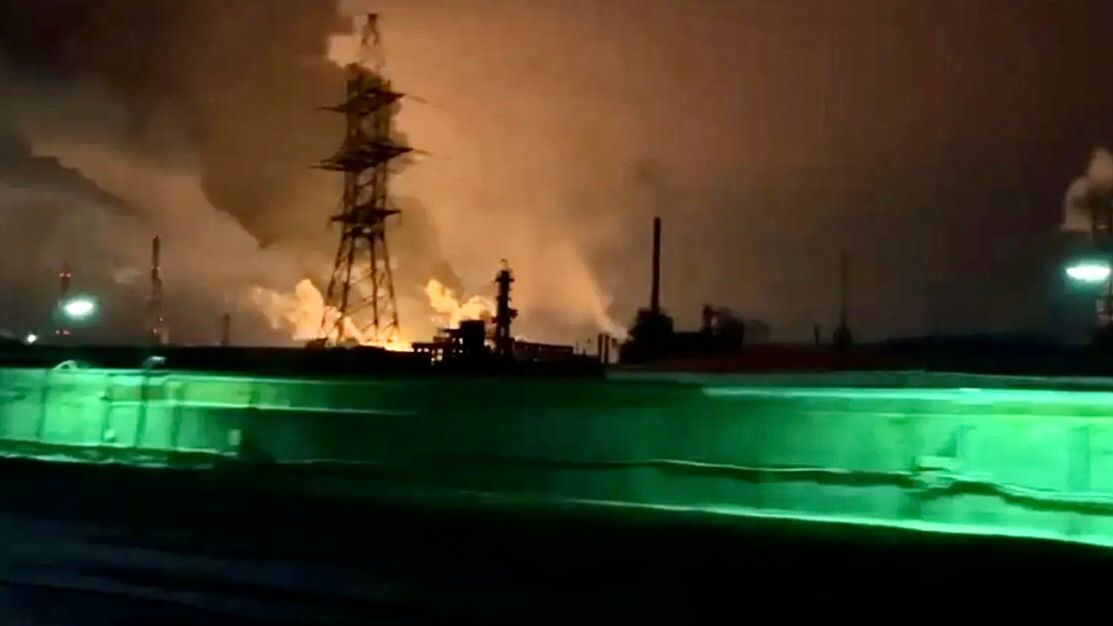
Key developments on Jan. 24: * 'More than 50 explosions’ — Massive drone strike targets Russian refinery, plants * Russian army failing to outflank Pokrovsk, Ukraine's military says * Media investigation identifies over 90,000 Russian soldiers killed in Ukraine * 'Utter bulls***' — Ukraine rejects Russia's demand to abandon NATO membership promise * Zelensky is

The proposal comes as Trump threatens to impose sanctions and tariffs on Russian exports if no deal to end the war is reached soon.
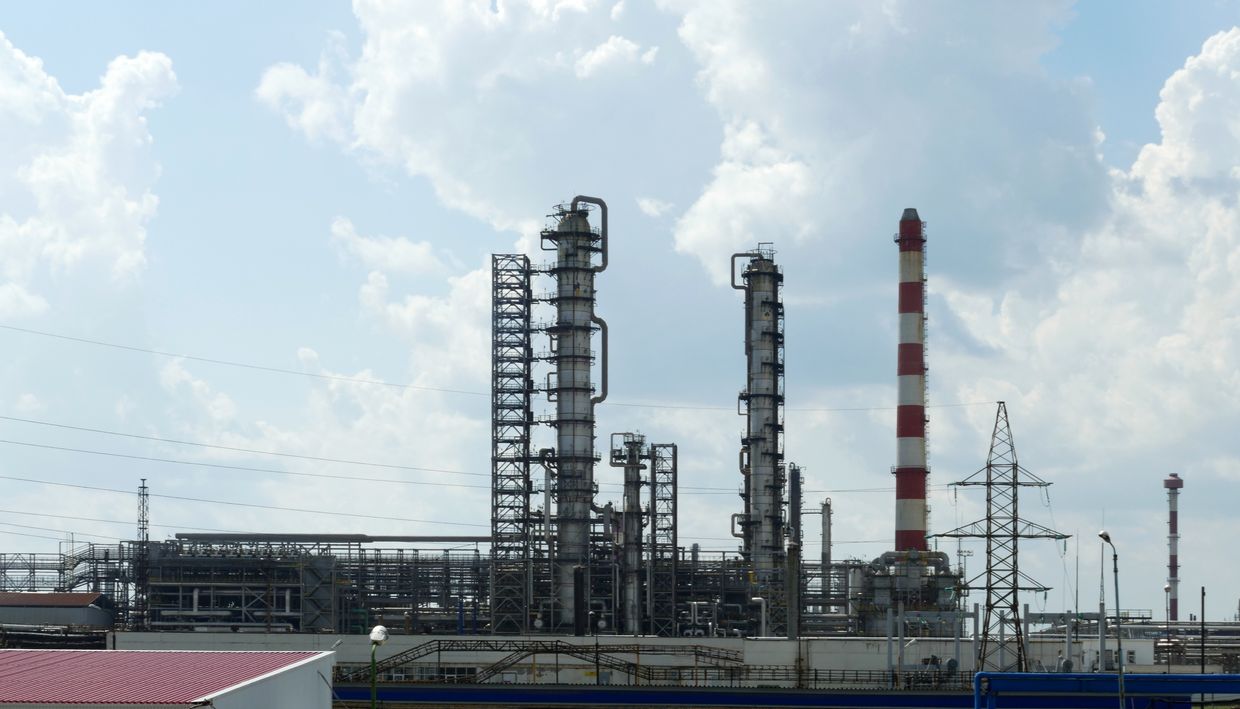
A fire erupted at the Ryazan Oil Refinery in Russia after a mass drone attack targeting several regions, Russian Telegram channels reported on Jan. 23.
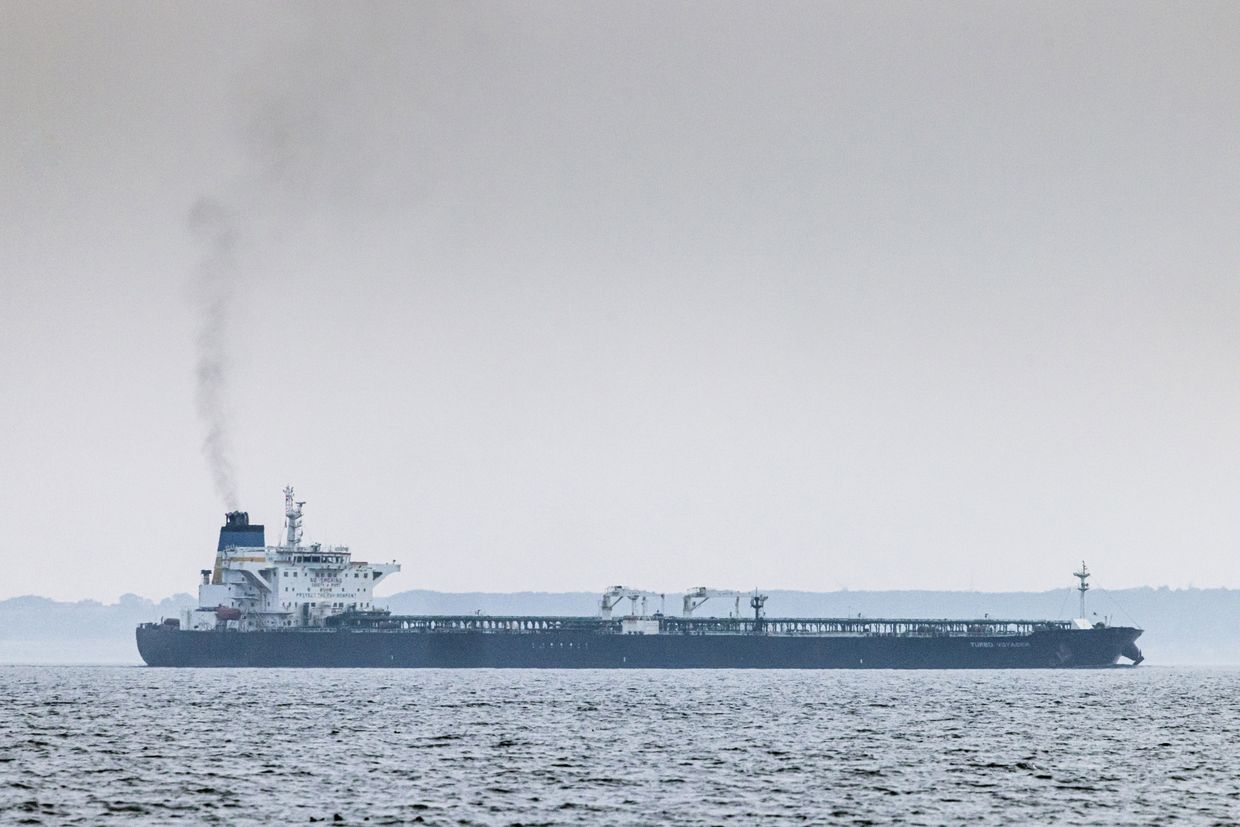
The removal of these flags disrupts Russia's oil export logistics, forcing tankers to re-register in less reputable jurisdictions and change ownership to avoid detection.
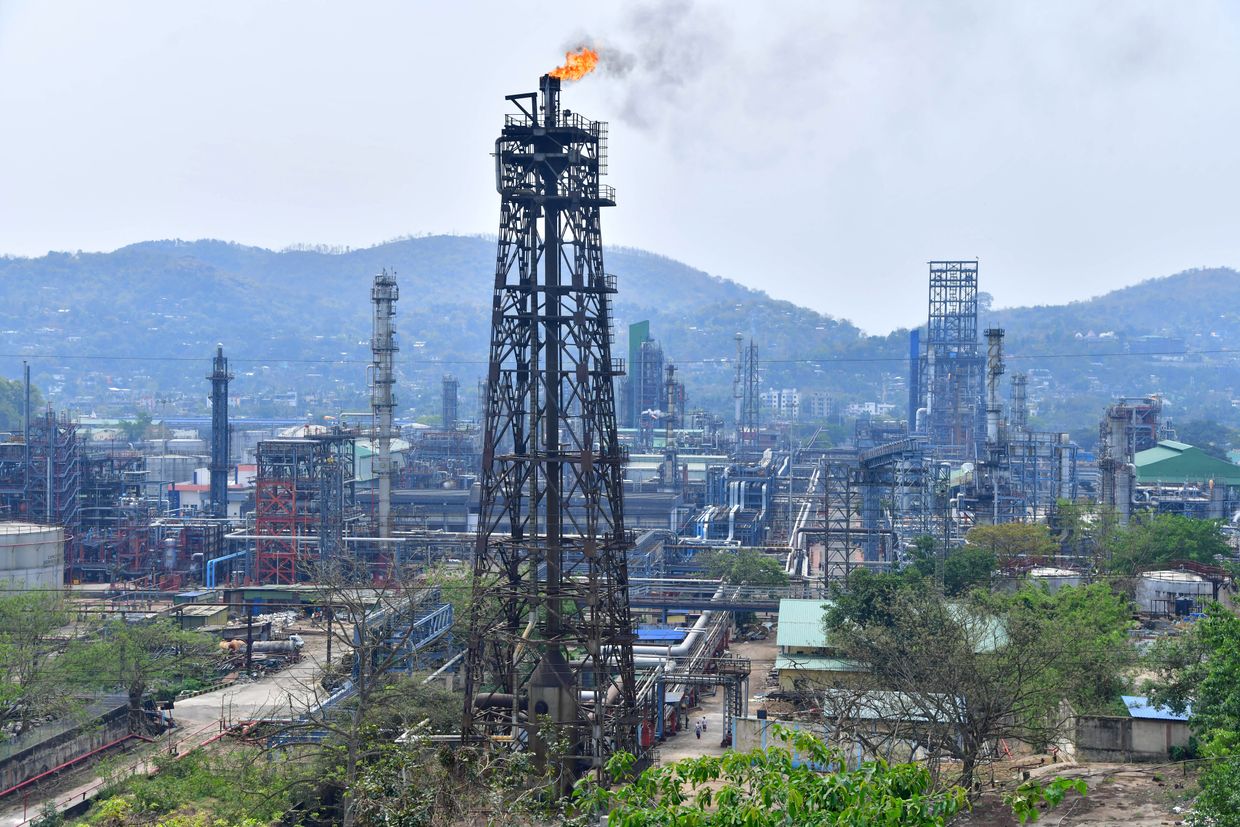
Following the new restrictions, financial institutions in India began blocking payments for Russian crude, Energy Intelligence reported. India is currently the leading importer of Russian oil.

China has emerged as Russia's largest supplier of goods, but Chinese imports have failed to fully replace Western equipment and raw materials lost due to sanctions, The Moscow Times reported on Jan. 20, citing data from the Gaidar Institute.
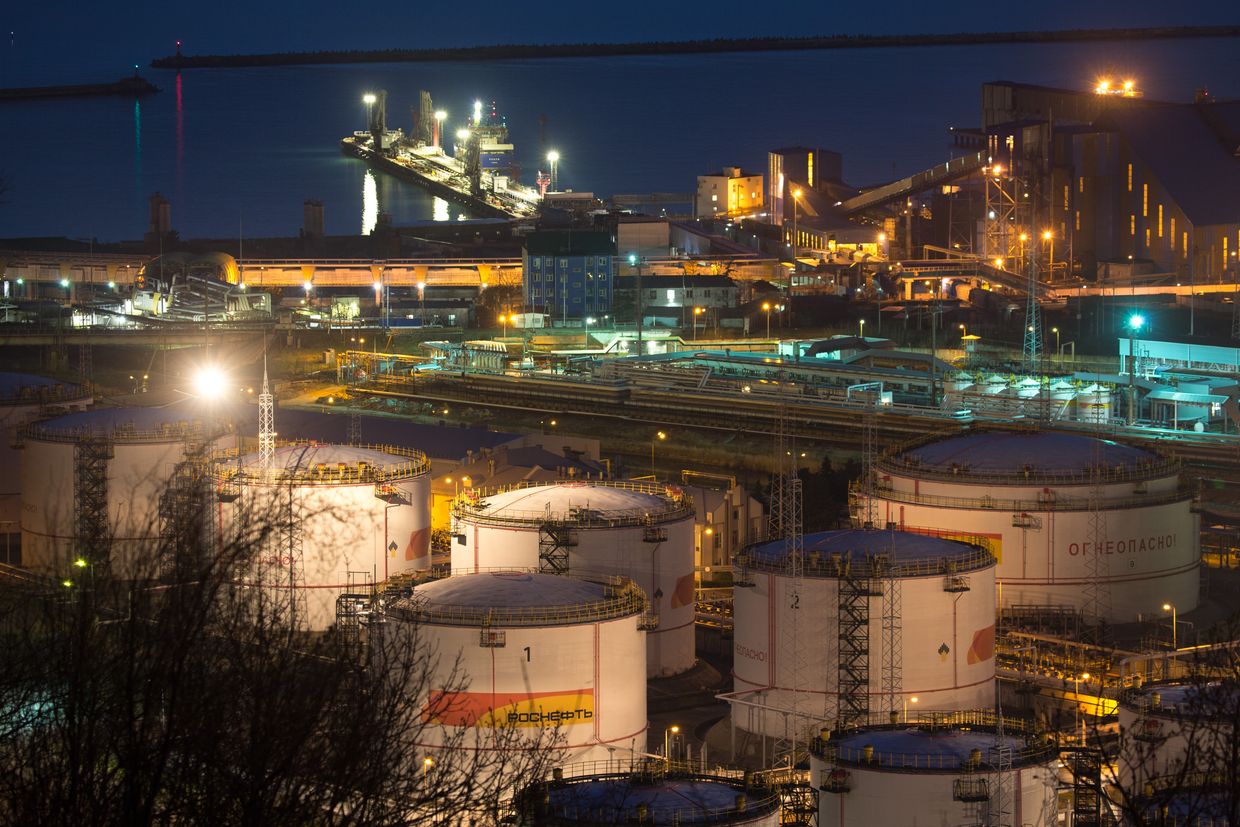
In 2024, 108.5 million metric tons were imported from Russia, including through pipelines and sea deliveries.
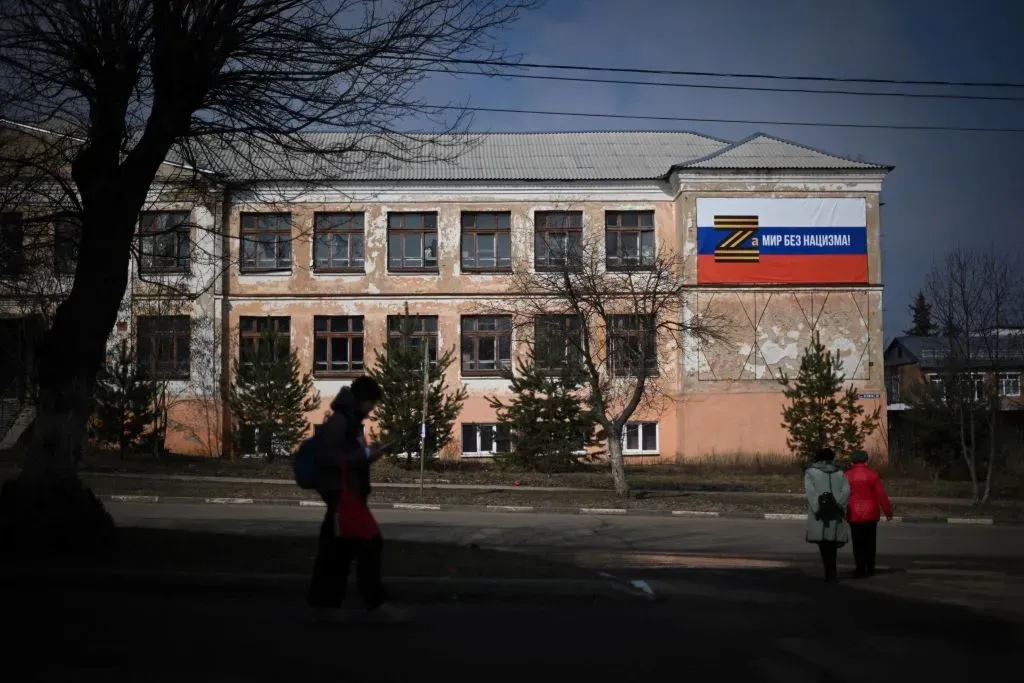
Ukrainian forces attacked oil depots in Russia's Tula and Kaluga oblasts overnight on Jan. 18, according to the General Staff and a Kyiv Independent's source in Ukraine's military intelligence (HUR).
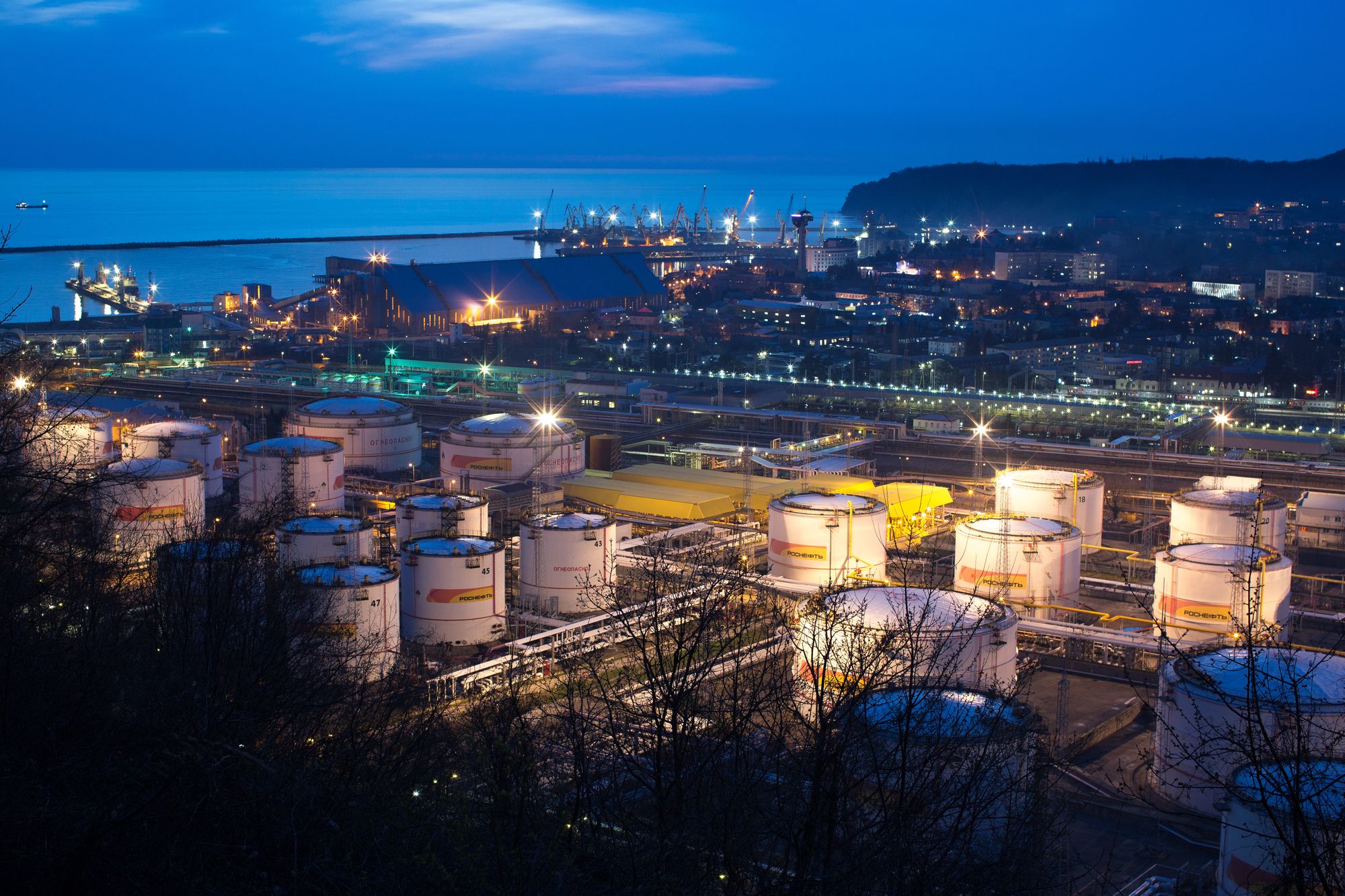
A fire erupted at an oil depot in the town of Uzlovaya in Russia's Tula Oblast following a Ukrainian drone attack on the facility overnight on Jan. 18, regional Governor Dmitry Milyaev said.
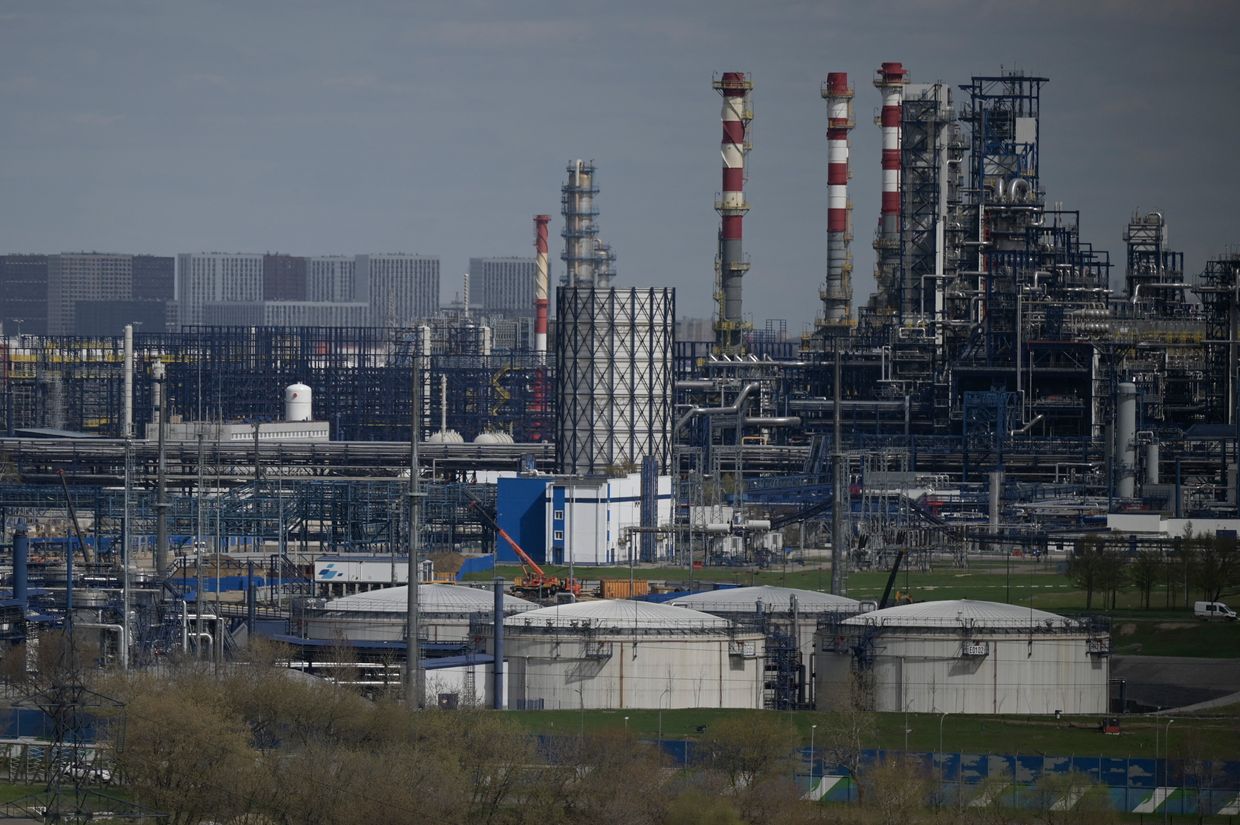
A fire erupted at an oil depot in the city of Lyudinovo in Russia's Kaluga Oblast following a Ukrainian drone attack on the facility on Jan. 17, regional Governor Vladislav Shapsha said.

The latest sanctions, imposed last week, targeted over 180 oil-carrying vessels of Russia's so-called shadow fleet, a group of aging tankers routinely used for sanction evasion.
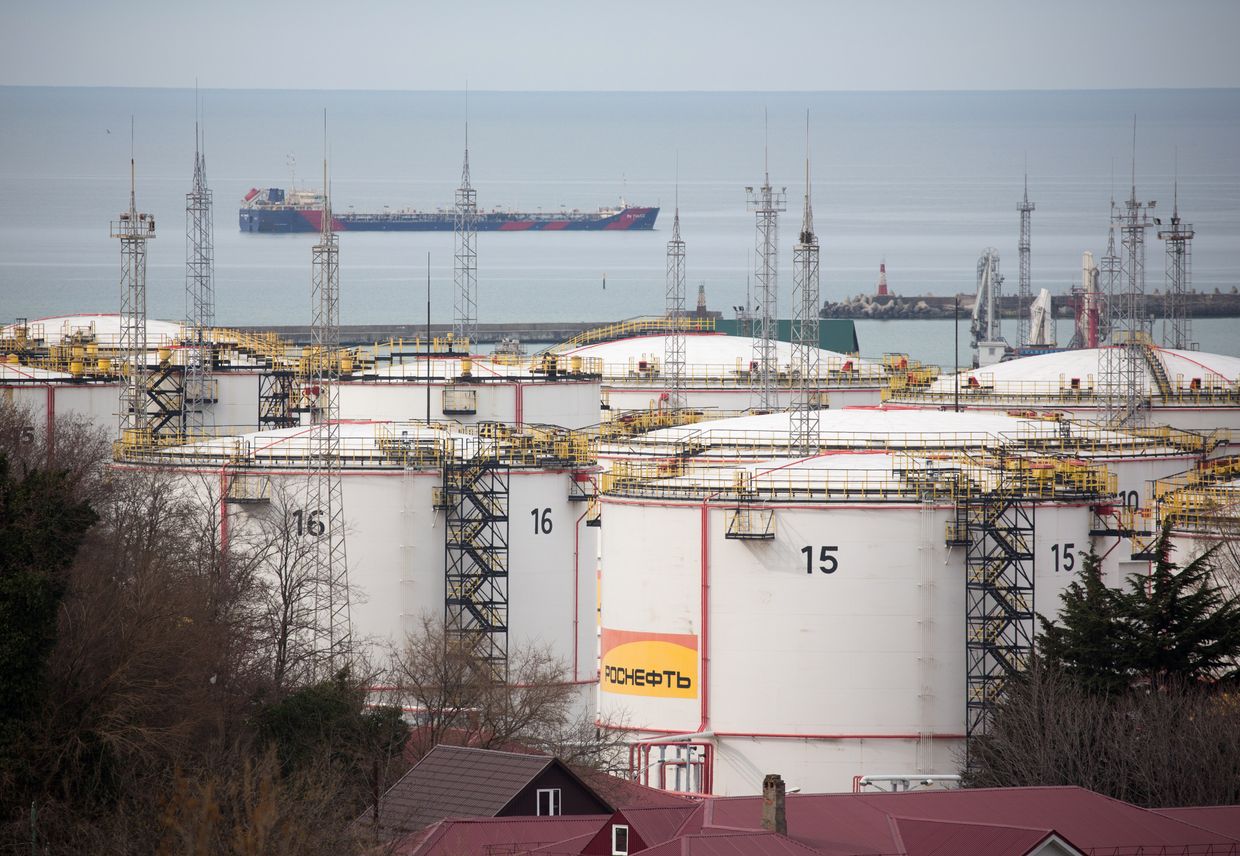
Ukraine has targeted Russia's fossil fuel infrastructure as part of its strategy to undermine a key funding source for Russia's war effort.

The countries argue that a lower cap would further restrict Russia's ability to finance its war against Ukraine while avoiding significant disruptions to global oil markets.
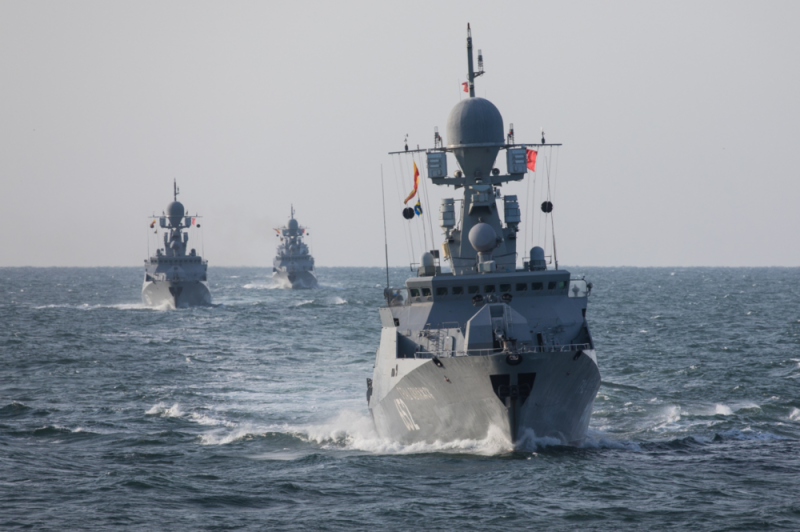
Three sanctioned tankers carrying over 2 million barrels of Russian crude oil are floating off China's coast after they were hit by fresh U.S. sanctions last week, Bloomberg reported on Jan. 13.
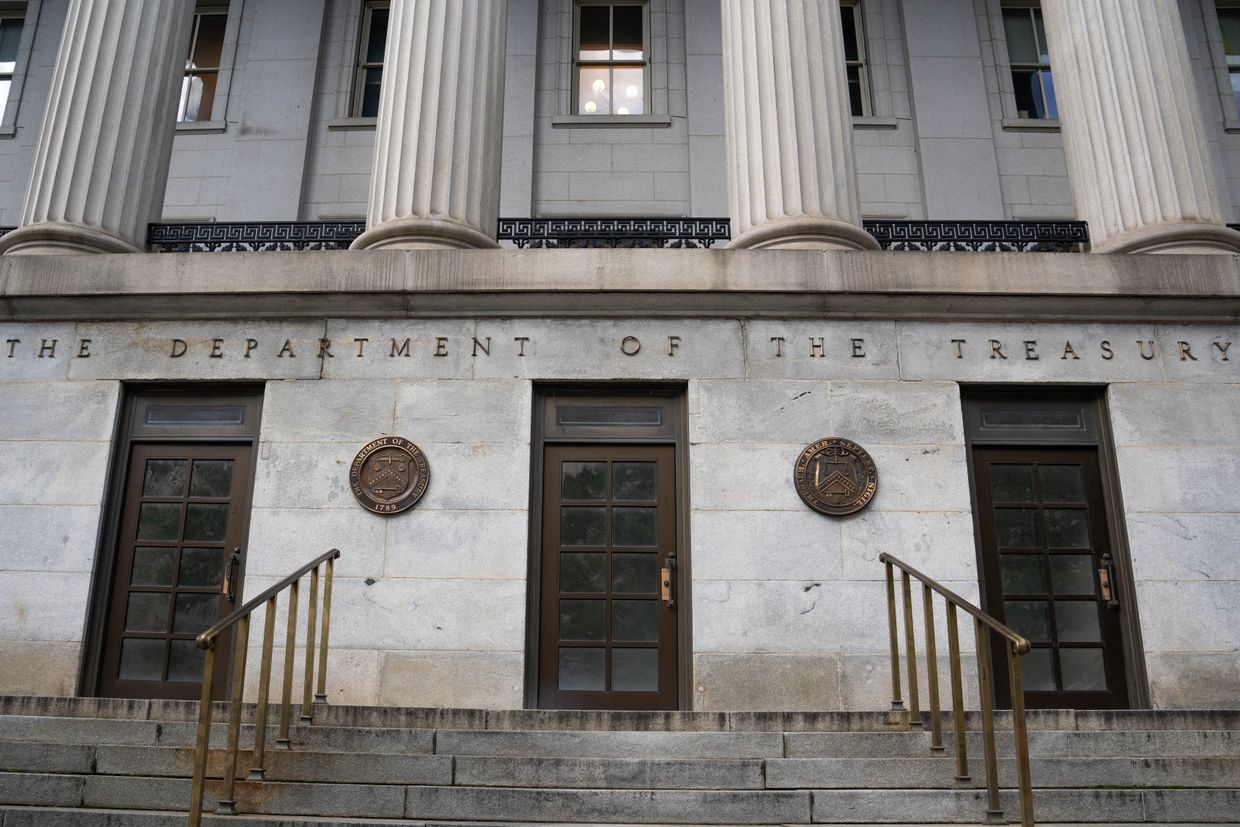
Russia's Foreign Ministry argued the U.S. sanctions represented "an attempt to inflict at least some damage to the Russian economy, even at the cost of the risk of destabilising world markets."

A drone strike reportedly hit the Taneko oil refinery in Tatarstan, Russian Telegram channel ASTRA reported on Jan. 11.
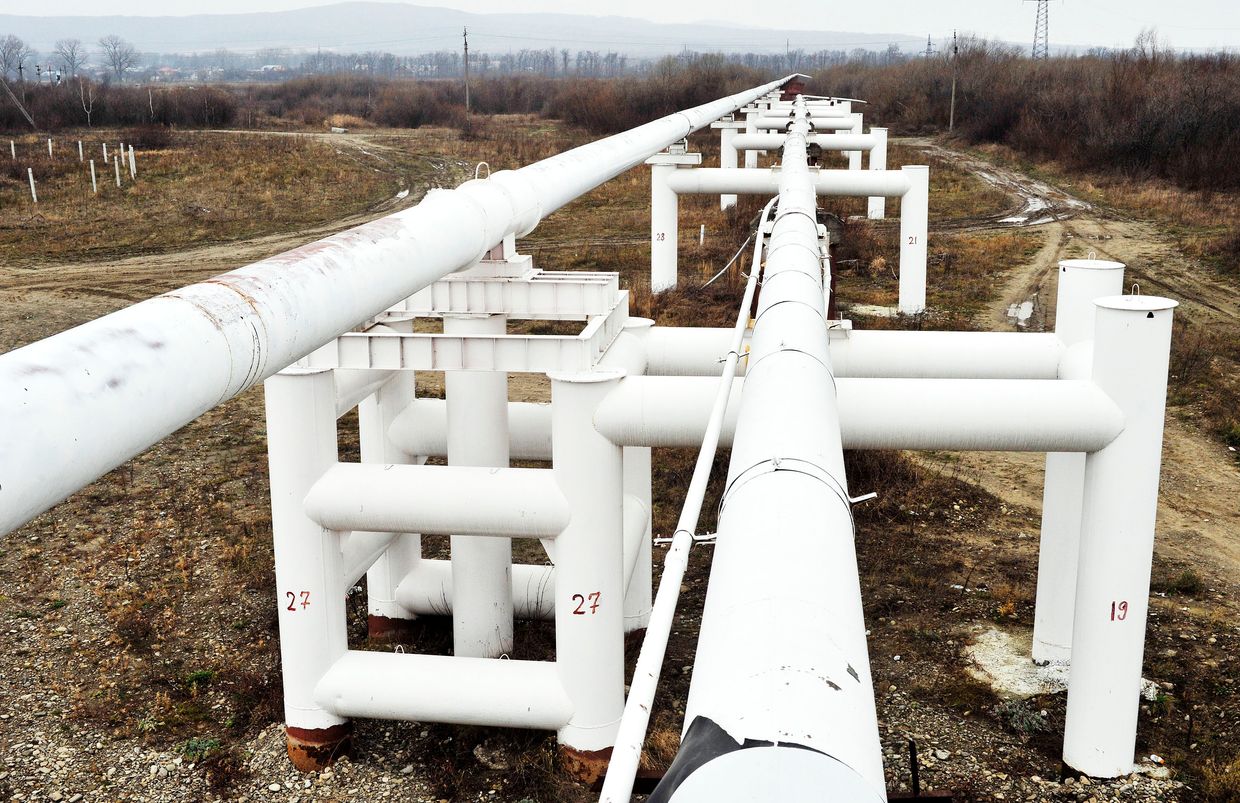
Ex-President Petro Poroshenko and members of his European Solidarity opposition party submitted a bill on Jan. 7 banning the transit of Russian oil and gas through Ukraine's territory during martial law.
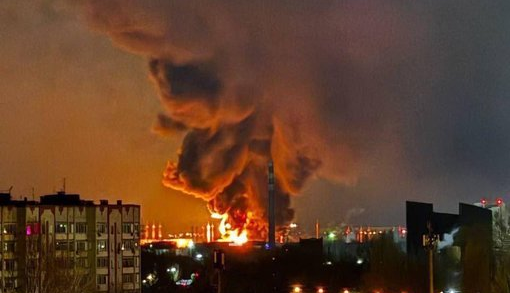
The operation, carried out jointly by Ukraine's military intelligence, the Unmanned Systems Forces, and other units, targeted the Kristal Plant used to supply fuel to the nearby Engels-2 airbase, the military said.
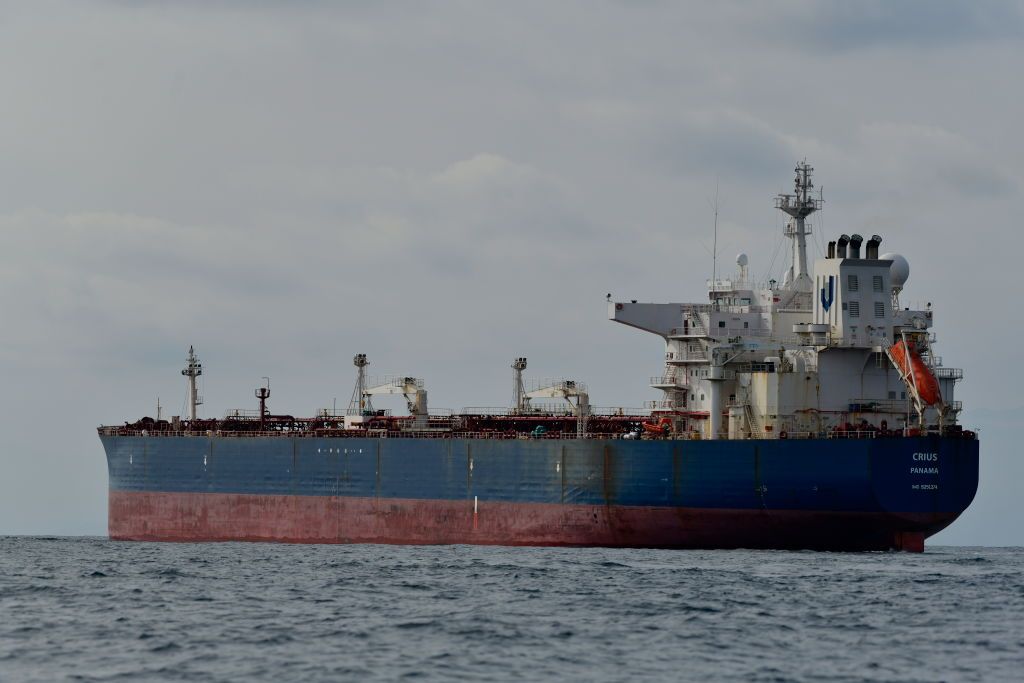
The U.S.'s planned sanctions would aim at targeting tankers carrying Russian oil above the imposed price cap and individuals working in schemes to sell crude above the cap, Reuters reported.
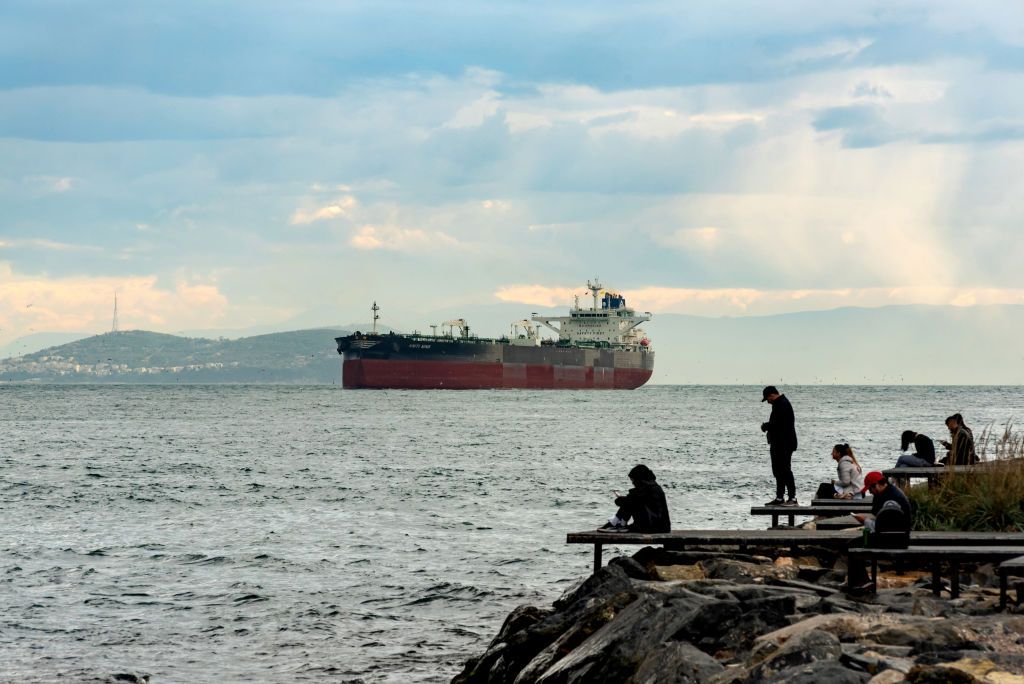
The Helsinki District Court has ruled to keep the oil tanker — suspected of belonging to Russia's "shadow fleet" — under seizure, despite an appeal from the ship's owner.
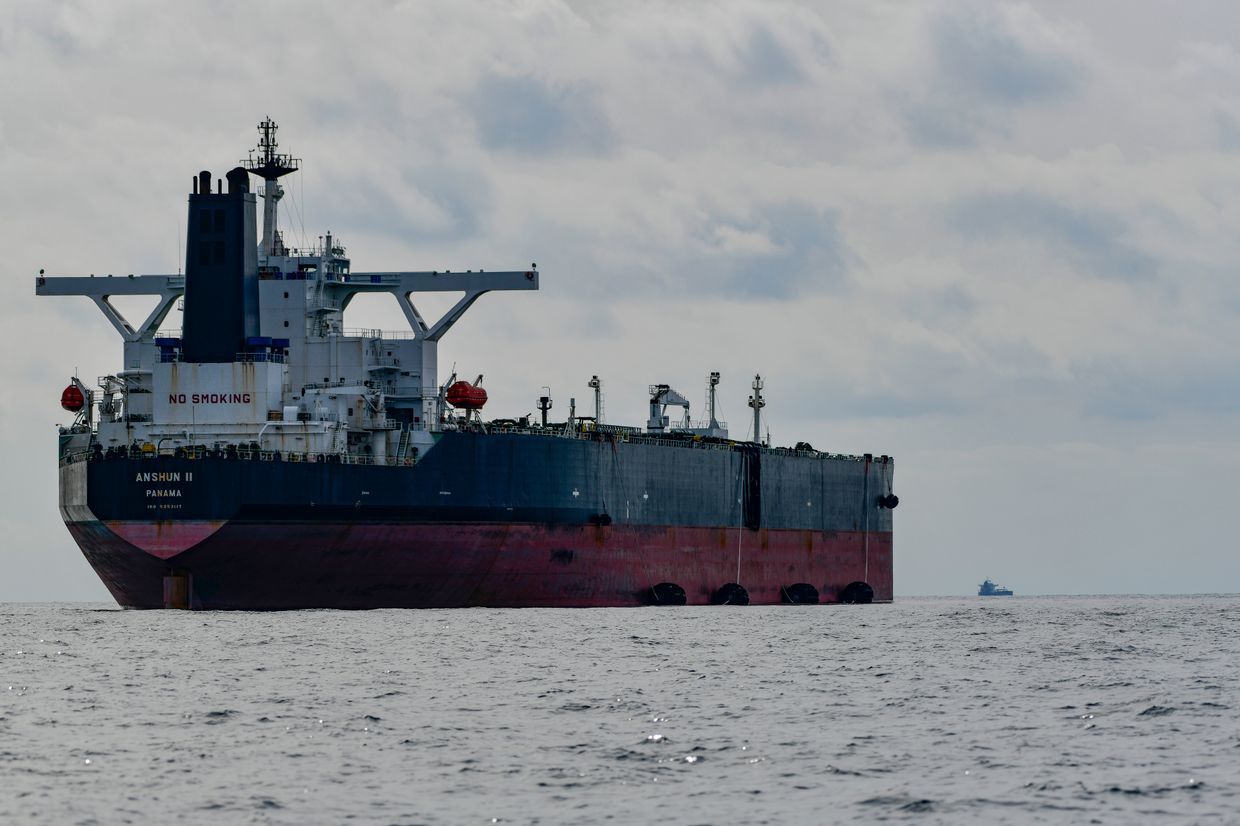
The amount of oil spilled in the Kerch Strait by two Russian oil tankers is "significantly less than the initial estimate," Russia's Transport Ministry claimed on Jan. 2.
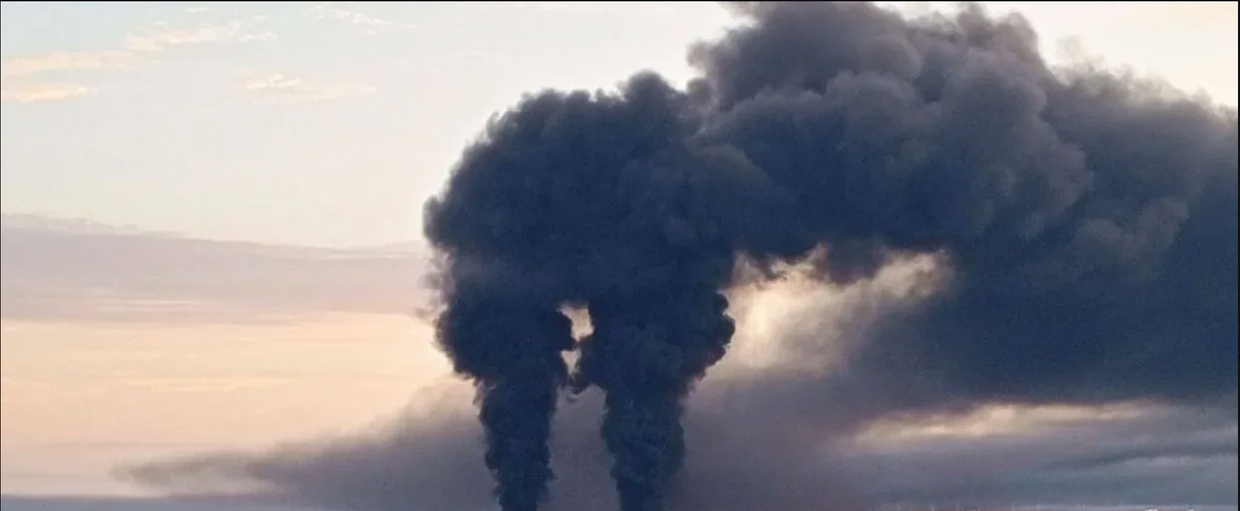
The depot, which supplied the Russian military, was targeted in a coordinated operation involving Ukraine's Special Operations Forces and the Unmanned Systems Forces.
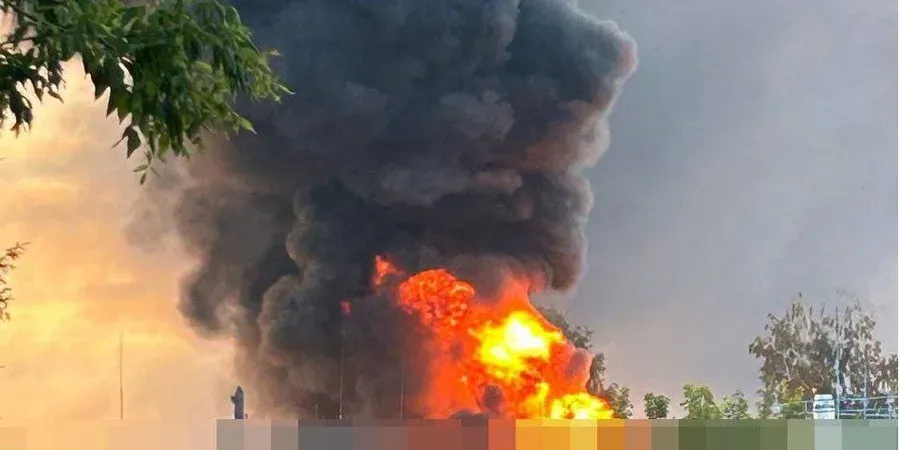
An oil depot in the Yartsevo district of Russia's Smolensk region caught fire following a drone attack overnight on Dec. 31, according to regional authorities.

The declaration comes after President Volodymyr Zelensky confirmed during a press conference on Dec. 19 that Ukraine would not extend the transit agreement for Russian gas through its territory, which is set to expire on Dec. 31.
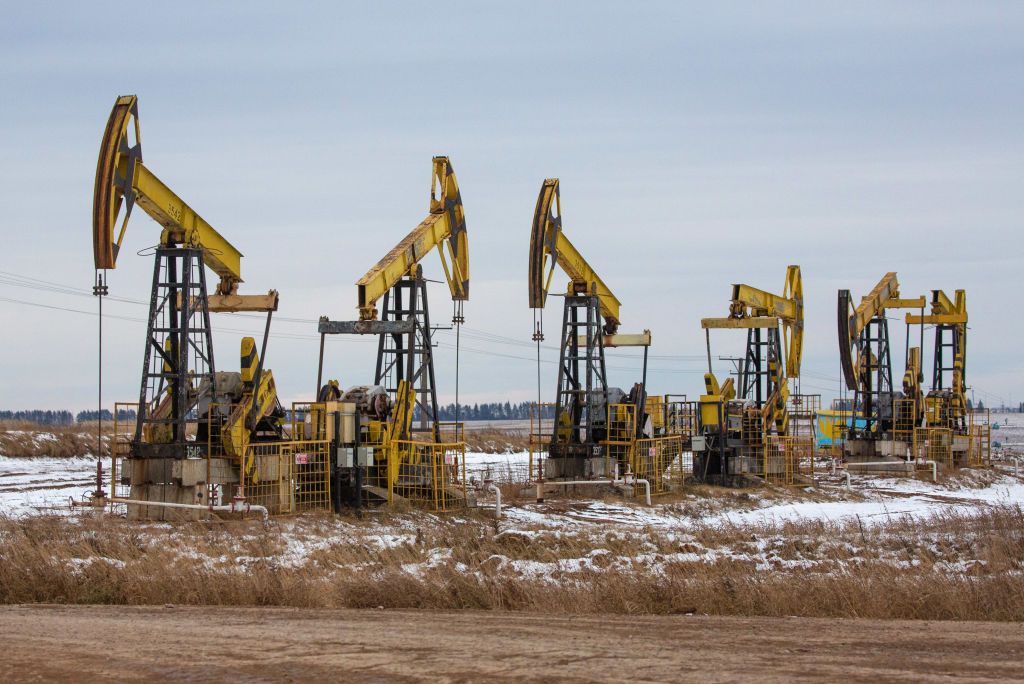
Russian and Kazakh oil shipments to Hungary, Slovakia, the Czech Republic, and Germany via the Druzhba pipeline have been halted since Dec. 19 due to technical issues at a Russian pumping station, Reuters reported, citing anonymous sources.
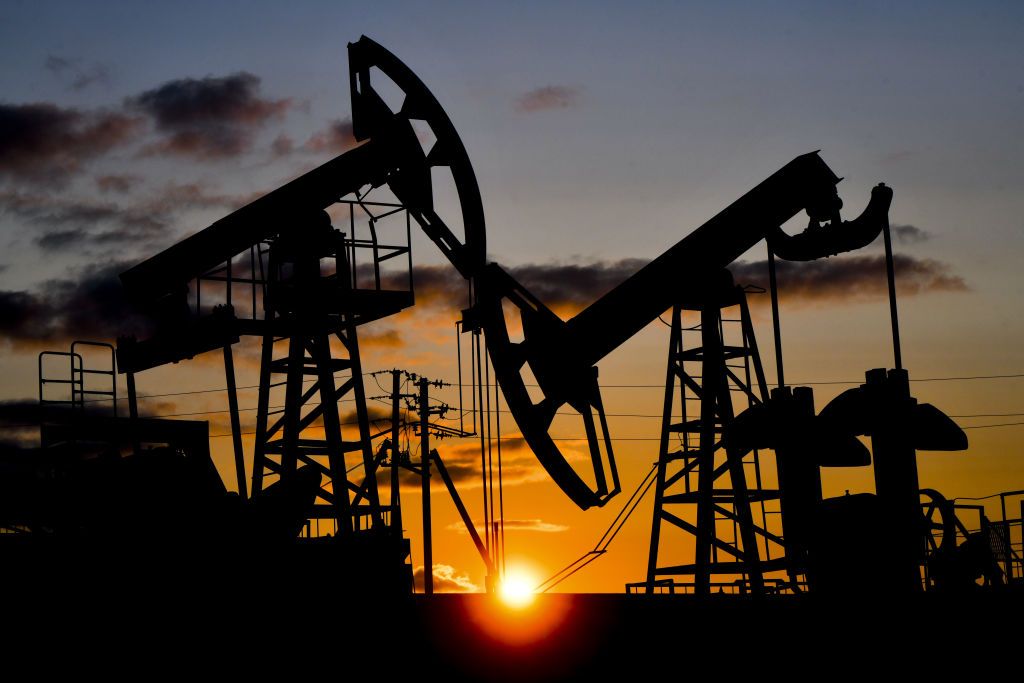
Discussions reportedly include lowering the current $60-per-barrel cap to approximately $40 or even implementing a complete ban on Russian oil supplies.

Initially, SBU drones attacked the facility to distract Russian air defenses, providing a "window" for Ukrainian missiles to strike the facility, an SBU source said.
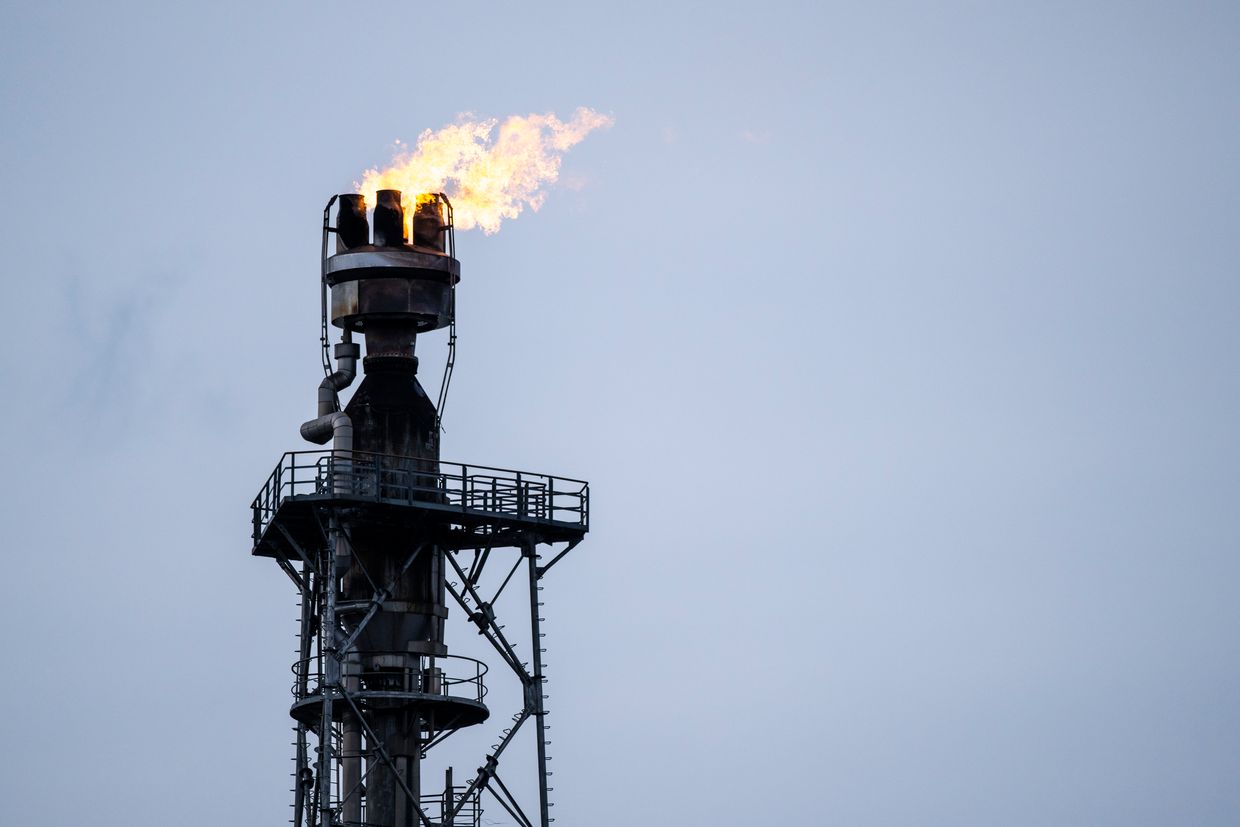
A fire broke out at the Novoshakhtinsk oil refinery in Russia's Rostov Oblast in the early hours of Dec. 19 following a mass drone and missile attack, Yuri Slyusar, acting governor of Rostov Oblast said.

Shares of Russian gas giant Gazprom fell to their lowest level since January 2009, The Moscow Times reported on Dec. 17.

The two tankers, which reportedly sank on Dec. 15 due to severe weather conditions, were carrying approximately 4,000 tons of fuel oil on board each.
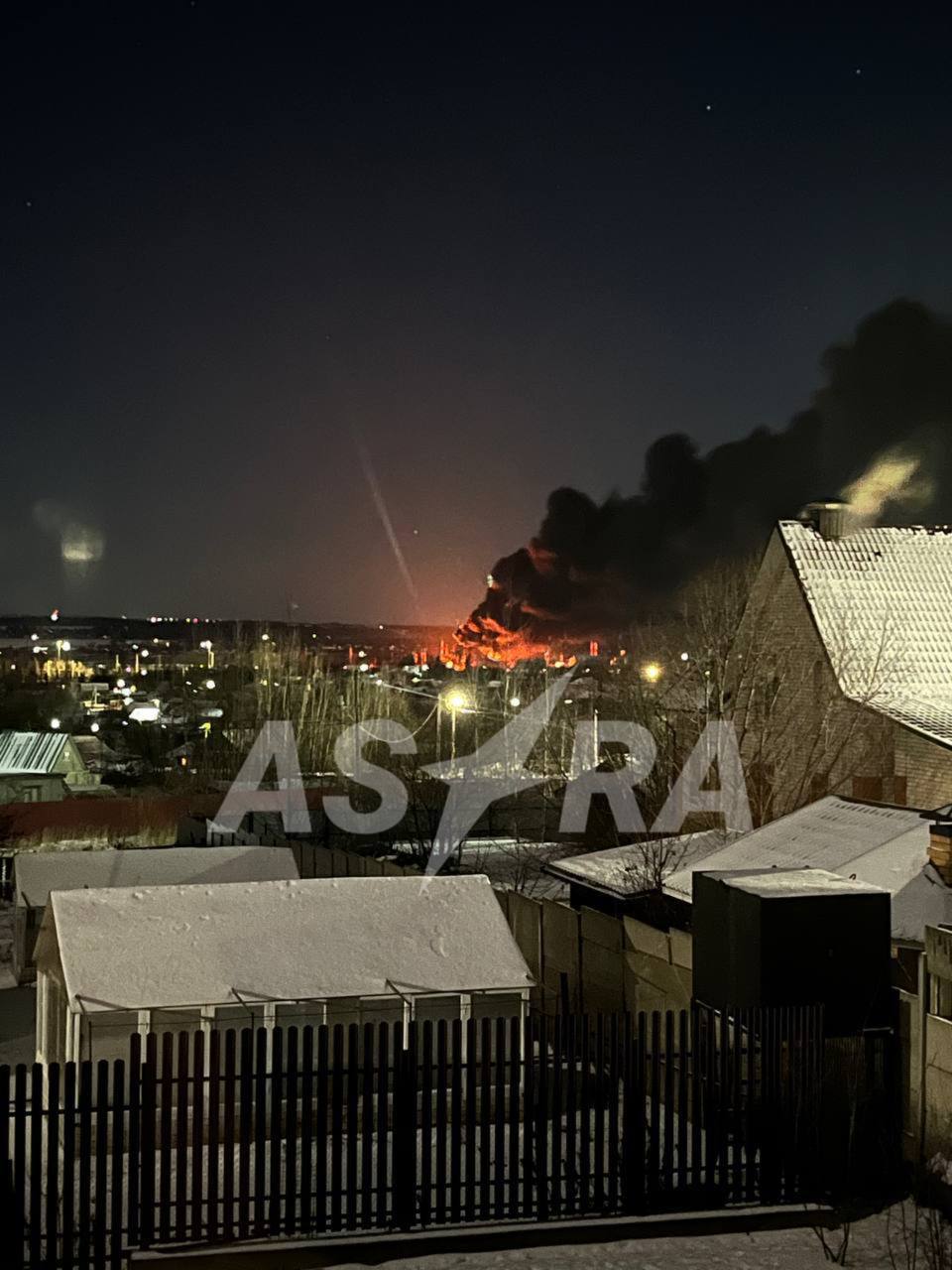
Ukrainian drones reportedly struck an oil depot in the city of Oryol overnight on Dec. 14, causing a large fire. Governor Andrey Klychkov later said that 11 drones were downed over the Oryol region.
